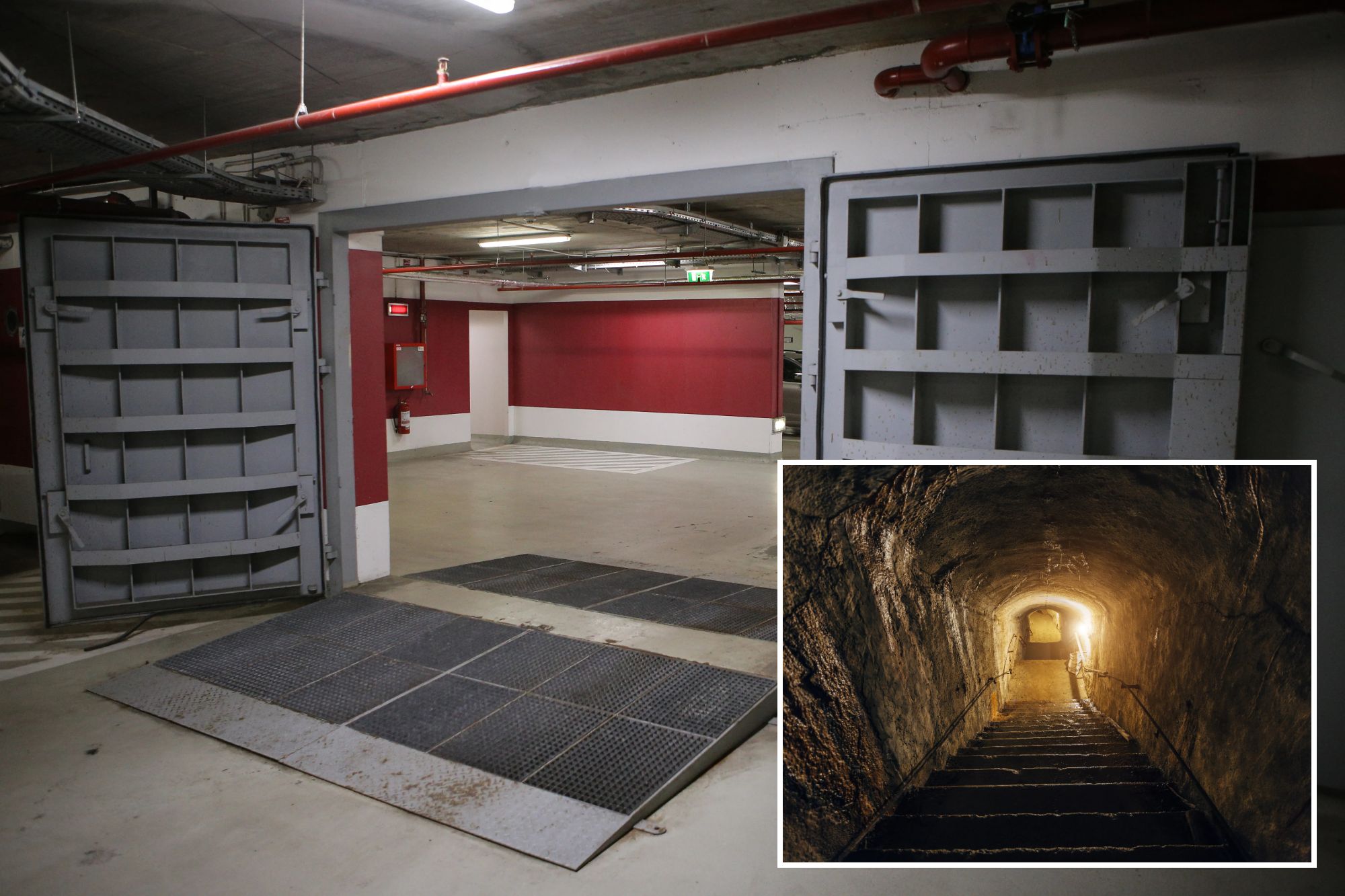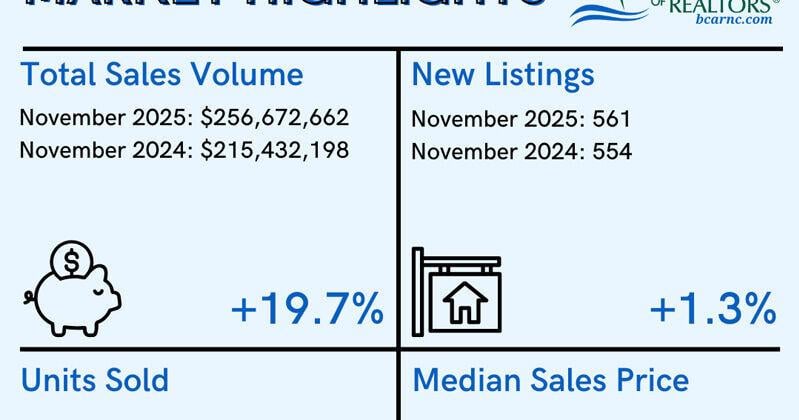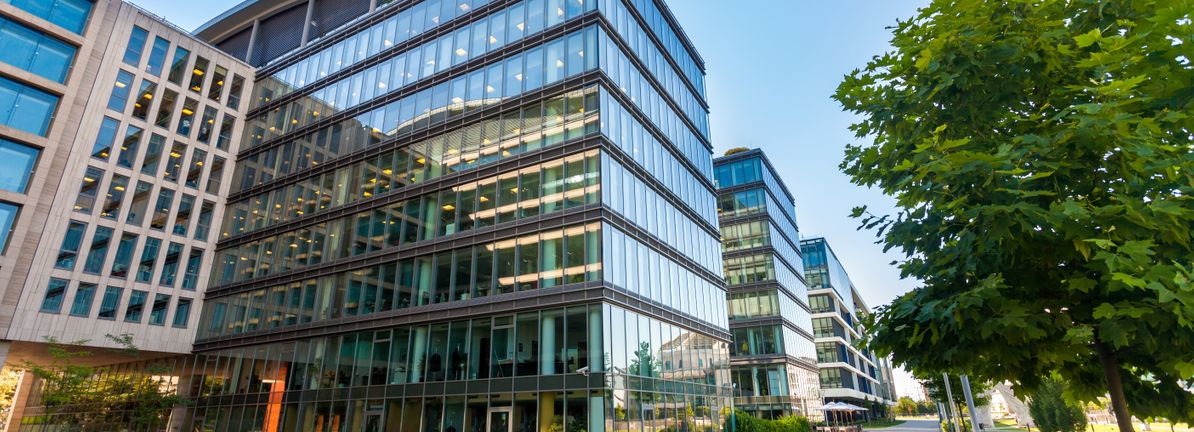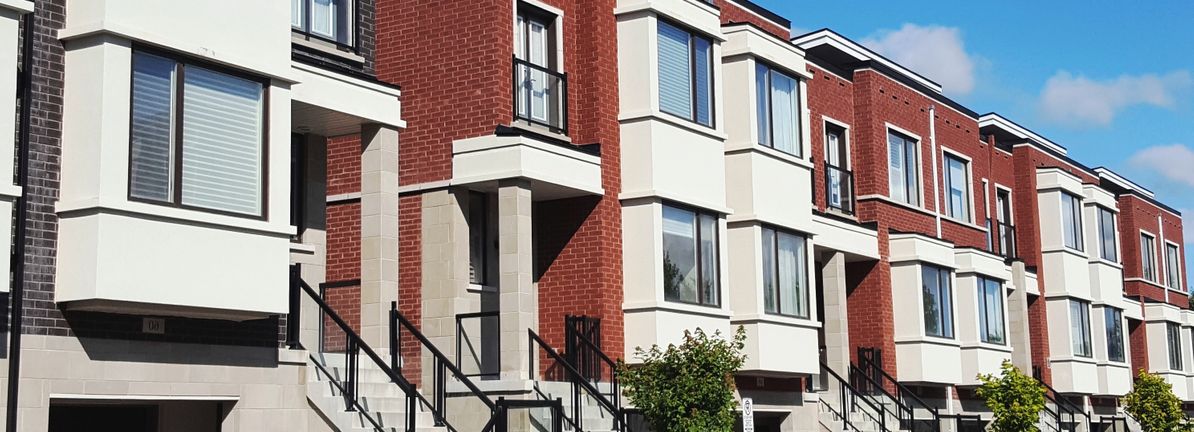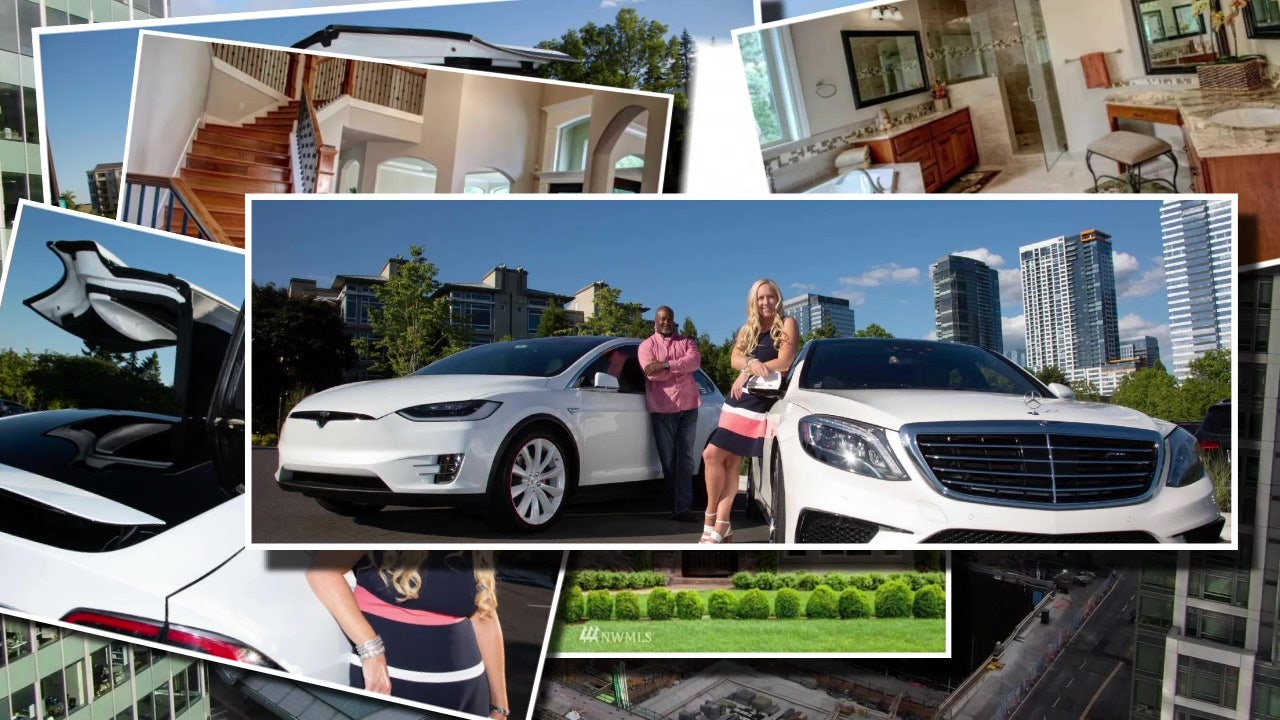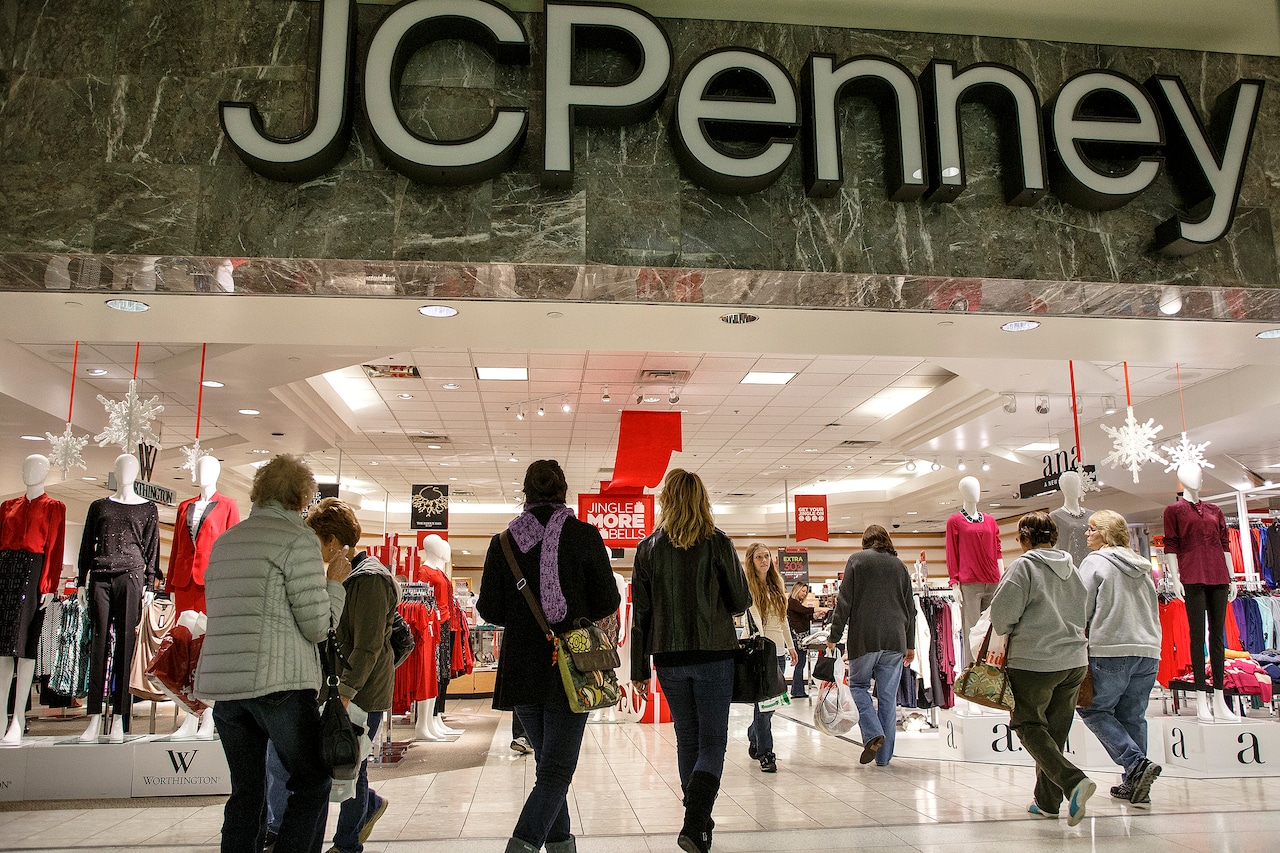T
he ultrawealthy, including Mark Zuckerberg, Kim Kardashian, and Bill Gates, have long invested in luxurious underground bunkers as a means of survival in the event of a nuclear war. However, this luxury is no longer exclusive to the elite, as average homeowners are increasingly investing in private fallout shelters.
These modern bunkers are typically made of steel, buried underground, and equipped with advanced air filtration systems capable of removing radioactive particles from the air. According to Ron Hubbard, CEO of Atlas Survival Shelters, there has been a significant increase in demand for these shelters since the invasion of Ukraine, with his company receiving calls every 30 seconds.
The market for fallout shelters is expected to grow from $137 million in 2023 to $175 million by 2030. However, many experts argue that nuclear bunkers are not necessary and may even provide a false sense of security. They point out that survival after a nuclear blast is possible if one can find shelter quickly enough.
Some experts warn that the focus on individual survival through bunkers distracts from the need to address the root cause of nuclear threats: the buildup of nuclear weapons. Alicia Sanders-Zakre, with the International Campaign to Abolish Nuclear Weapons, notes that bunkers are not a tool for surviving a nuclear war but rather a means of psychologically enduring its possibility.
In contrast, many countries have robust civil defense plans and public buildings equipped with underground safety areas in case of attack. The US, however, lacks such a plan, leaving individuals to take matters into their own hands by investing in private bunkers.
The most high-end bunkers can cost millions and include amenities like indoor swimming pools, spas, and hydroponic food production. However, even those who cannot afford such luxury can still survive a nuclear attack by finding shelter quickly and following basic safety protocols, such as stocking up on food and water and duct-taping doors and windows.
While some experts argue that bunkers are not necessary, others see them as an investment for future generations. Ron Hubbard notes that his customers often purchase bunkers not just for themselves but also for their children and grandchildren, who may face a nuclear threat in the years to come.
